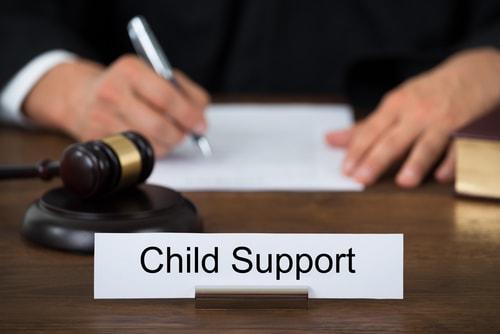Wheaton Office |
St. Charles Office |
Sycamore Office
 630-665-7300
630-665-7300
Understanding the New Child Support Law in Illinois
 Major revisions have been approved to the way that child support is calculated by courts in Illinois. The topic has been the center of debate for a number of years, and many believe the change is long overdue. Effecitve July 1, 2017, there is an entirely new method of determining how much a supporting parent is required to pay.
Major revisions have been approved to the way that child support is calculated by courts in Illinois. The topic has been the center of debate for a number of years, and many believe the change is long overdue. Effecitve July 1, 2017, there is an entirely new method of determining how much a supporting parent is required to pay.
What Is New About the Law?
The law, which took effect on July 1, amends the existing “percentage of obligor's net income” methodology for child support calculations. Critics have long maintained that such a model is too static, one-sided, and outdated. Under the new law, Illinois will begin using the “income shares” model that is presently in use in many other states.
Under the former law, the way that courts calculated child support for either parent was primarily based on using a fixed percentage of the nonresidential parent's income and the number of children involved in the order. For example, if there was one child to support, the parent without primary residential responsibilities would be expected to pay at least 20 percent of his or her net income in child support. Because those calculations did not take into account the income of the other parent, they produced results, in many cases, that did not sufficiently address the best interests of the children involved.
Meeting the Needs of Illinois Families
The new law promises to focus more on the needs and abilities of each parent as well as the needs of the child in determining which parent pays what in child support. For example, the courts will no longer use an arbitrary percentage to determine how much of one parent's income is going to be required for child support. Instead, the courts will make a determination about how much money an intact household with the same levels of income would spend on the care of their child or children. Once that amount has been determined, the court will then factor in variables such as:
- The educational needs of the children;
- The financial needs of the parents;
- The financial abilities of the parents; and
- The healthcare needs of the child.
The Department of Healthcare and Family Services has been tasked with drafting the exact guidelines that are to be used by courts in their calculations of child support. Another change in the law alters what can be counted as income for the purposes of calculating child support. For the first time in Illinois, spousal support, also referred to as spousal maintenance may be counted as income and factored into the child support calculations.
Can I Modify an Existing Child Support Order Under the New Law?
A child support order can only be amended or modified upon a showing of a substantial change in the circumstances of the child or either parent. The new law expressly states that its passage does not, by itself, represent such a change for the purpose of modification. In other words, you cannot request a modification of your order just because a new law now exists. An experienced Kane County child support attorney can help you review your existing order and determine if requesting a modification is appropriate. Call 630-665-7300 for a confidential consultation at MKFM Law today.
Source:
http://www.ilga.gov/legislation/BillStatus.asp?DocTypeID=HB&DocNum=3982&GAID=13&SessionID=88&LegID=90198


 Read More
Read More





